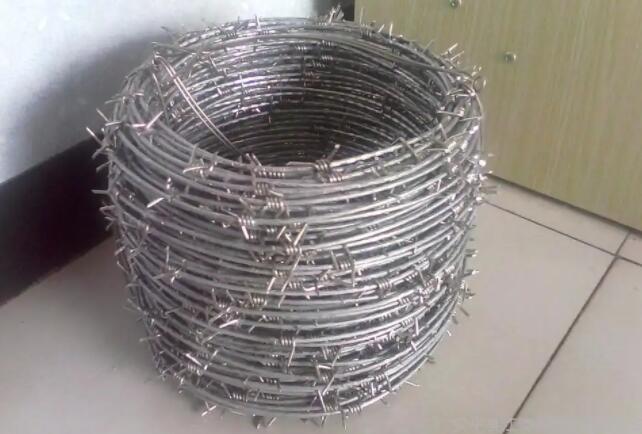Types of Nails Used in Construction
Nails are a fundamental component in construction, serving as an essential fastener for joining various materials such as wood, metal, and plastic. Understanding the different types of nails available can significantly impact the effectiveness of a building project. This article explores several types of nails commonly used in construction, highlighting their unique characteristics and applications.
1. Common Nails Common nails are the most widely used type in construction. They are made from durable steel and come in various lengths and gauges. Their larger heads help hold materials together securely, making them ideal for framing, sheathing, and other general construction purposes. They are highly versatile and can be used in both structural and non-structural applications.
Types of Nails Used in Construction
3. Brad Nails Brad nails, similar to finish nails, are even thinner and have a smaller gauge. They are commonly used for light woodworking projects where a less invasive fastener is needed. The subtle size of brad nails makes them ideal for attaching small trim pieces, delicate moldings, and other intricate designs where minimizing damage to the surface is crucial.
types of nails construction

4. Framing Nails Framing nails are heavy-duty nails specifically designed for structural applications, such as building frames and subfloors. They feature a larger diameter and are often collated for use with framing nailers, allowing for quick and efficient driving. Their strength and length make them suitable for connecting heavy materials, ensuring structural integrity in buildings.
5. Roofing Nails Roofing nails have a larger flat head and a shorter shank, making them ideal for securing roofing materials like shingles and felt. The wide head helps distribute the load and prevent water leakage, making them essential for roofing applications. Roofing nails are typically galvanized to resist rust and corrosion due to exposure to the elements.
6. Concrete Nails Concrete nails, also known as masonry nails, are designed for use with hard materials such as concrete or brick. They have a special hardened construction that allows them to penetrate these tough surfaces without bending or breaking. Concrete nails often require a hammer and can sometimes be installed using a nail gun.
7. Landscape Nails Landscape nails are used primarily for outdoor projects, such as securing landscaping fabric or lighting fixtures. They are often made from galvanized steel to withstand outdoor conditions, and their design allows for easy driving into the ground.
In conclusion, understanding the various types of nails is crucial for anyone involved in construction, whether professionals or DIY enthusiasts. Each type of nail is designed for specific applications, ensuring that projects are executed efficiently and effectively. By selecting the appropriate nails for the job, builders can enhance the durability and quality of their constructions, leading to safer and more resilient structures.

















